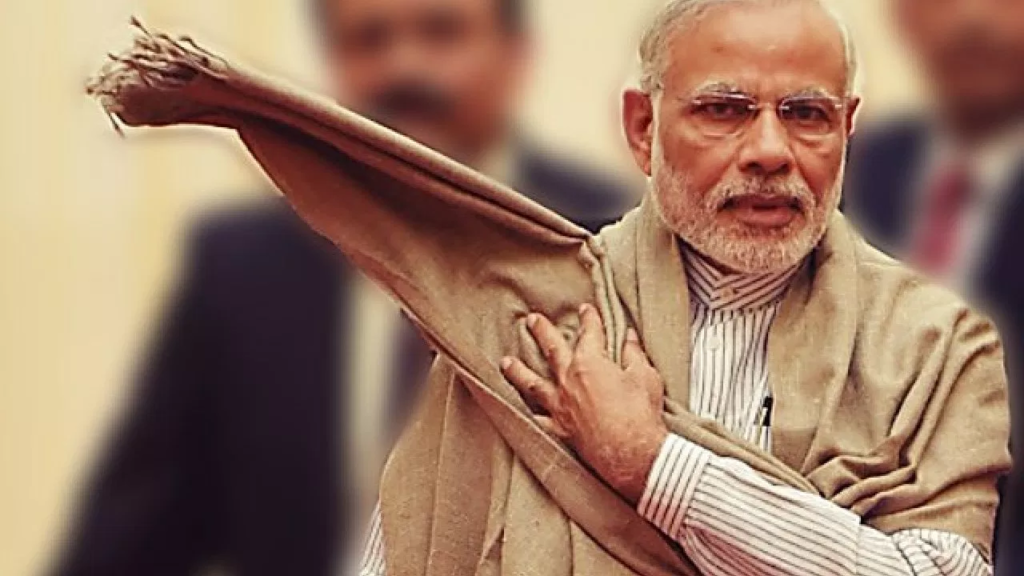The left liberals and the Modi baiters launched a tirade against PM Modi after his remarks about going ahead with the Balakot airstrikes despite bad weather so that the Pakistani radars might not be able to detect the IAF fighter jets. PM Modi had said, “The weather was not good on the day of air strikes. There was a thought that crept in the minds of the experts that the day of strikes should be changed. However, I suggested that the clouds could actually help our planes escape the radars.” Moreover, a 1971 war hero has now come out defending PM Modi over this remark.
Former Air Vice Marshal, Aditya Vikram Pethia, said that it is always difficult to fly an aircraft in overcast weather such as rains or dense clouds. Speaking about the efficiency of radars, he said that radars are not affected by a few clouds. However, when there is dense cloud cover then it becomes difficult to detect the exact position of the aircrafts. This is similar to the manner in which television signals get disturbed during adverse weather conditions.
Air Vice Marshal Pethia is a 1971 Indo-Pak war hero. He had participated in the airstrike at the Bikaner border. He had been taken prisoner by Pakistan during this air strike and had to remain in Pakistani custody for 5 months, 3 days and 8 hours. Later on, he was awarded the Vir Chakra, the third highest wartime gallantry award. As such the statement and opinion of a war hero and top-level IAF veteran is bound to be taken as highly relevant and genuine.
It must be noted that earlier it had been reported by Firstpost how the radar technology works and makes it clear that PM Modi was not wrong in his assessment. The radars can detect objects through clouds but their accuracy does get hampered by overcast conditions such as rain and clouds.
As per an Encyclopaedia Britannica entry on radar technology, “rain and other forms of precipitation can cause echo signals that mask the desired target echoes”. According to a post on Radar Tutorial, radar systems work in a band of transmitted frequencies. A radar system is more severely affected by overcast conditions at higher frequency levels. However, the accuracy of a radar system depends on the level of transmitted frequency. The higher the transmitted frequency, the better the accuracy of the radar system.
The air surveillance radars attempt to operate during overcast conditions by compromising on accuracy in order to avoid getting affected by rains and cloud cover. The radars operate in S band (2–4 GHz). But even after compromising accuracy, the radar system does remain vulnerable to overcast conditions. Therefore, overcast conditions not only affect the efficiency of the radar but also force the radar systems to operate on lower frequencies greatly compromising on their accuracy.
It is now clear that PM Modi’s remark about bad weather conditions affecting radar efficiency was based upon a proper understanding of how the radar technology works. Those criticising him over such remarks don’t seem to have a proper understanding of the working of radar systems and the former Air Vice Marshal has confirmed it. The liberal brigade has once again been caught red handed trying to defame and slander the Prime Minister for purely political reasons.
